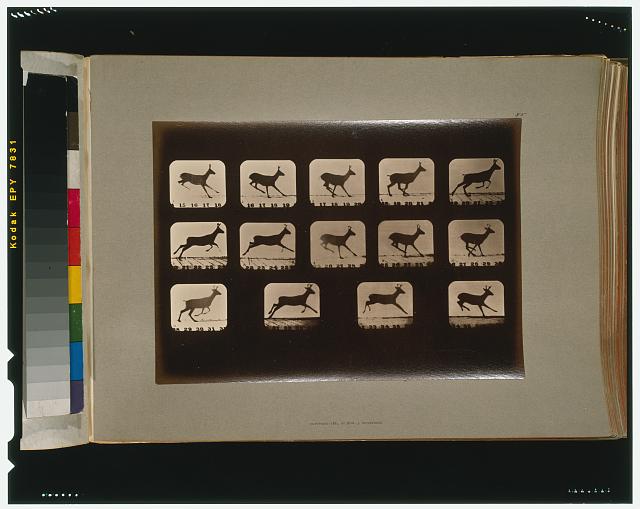ZIP
To load a ZIP archive, use FileAttachment.
const muybridge = FileAttachment("muybridge.zip").zip();
This returns a promise to a ZipArchive. This uses JSZip under the hood.
muybridge
The filenames property lists the paths of the files contained within the ZIP archive.
muybridge.filenames
To pull out a single file from the archive, use the archive.file method. It returns a FileAttachment which you can use to load the file contents like any other file.
muybridge.file("deer.jpeg").image({width: 320, alt: "A deer"})
That said, if you know the name of the file within the ZIP archive statically, you don’t need to load the ZIP archive; you can simply request the file within the archive directly. The specified file is then extracted from the ZIP archive at build time.
FileAttachment("muybridge/deer.jpeg").image({width: 320, alt: "A deer"})
For images and other media, you can simply use static HTML.

<img src="muybridge/deer.jpeg" width="320" alt="A deer">
One reason to load a ZIP archive is that you don’t know the files statically — maybe there are lots of files and you don’t want to enumerate them statically, or maybe you expect them to change over time and the ZIP archive is generated by a data loader. For example, maybe you want to display an arbitrary collection of images.
Gallery(await Promise.all(muybridge.filenames.map((f) => muybridge.file(f).image())))
function Gallery(images) {
return html`<div style="
display: grid;
grid-template-columns: repeat(3, 1fr);
grid-gap: 1rem;
">${images.map((i) => (i.style = 'width: 100%; height: 100%;', i))}</div>`;
}
To let the user download a ZIP archive, use the download attribute on a link.
<a href="muybridge.zip" download>
<button>download zip</button>
</a>